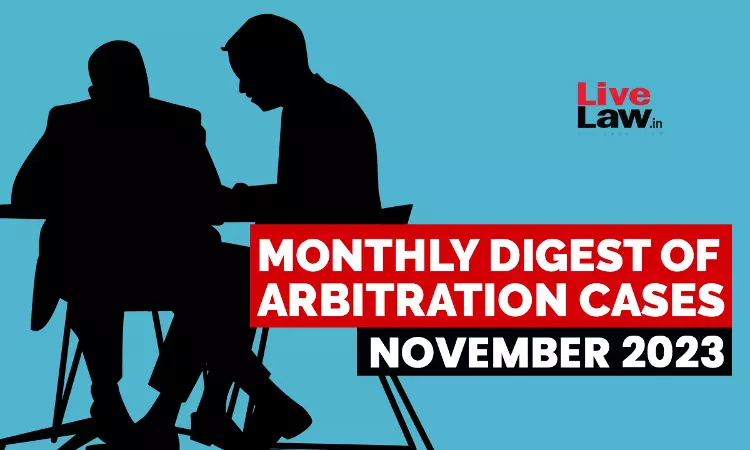Arbitration Monthly Round-Up: November 2023
ausaf ayyub
5 Dec 2023 9:30 PM IST
International Judgments Hong Kong Court Refuses To Enforce A Mainland Arbitration Award For Failure Of Arbitrator To Meaningfully Engage With Arbitral Proceedings Case Title: SONG LIHUA v. LEE CHEE HON, CONSTRUCTION AND ARBITRATION PROCEEDINGS NO. 111 OF 2022 Citation: [2023] HKCFI 2540 The Hong Kong Court of First Instance has refused enforcement of a Mainland (China) award...
Next Story



